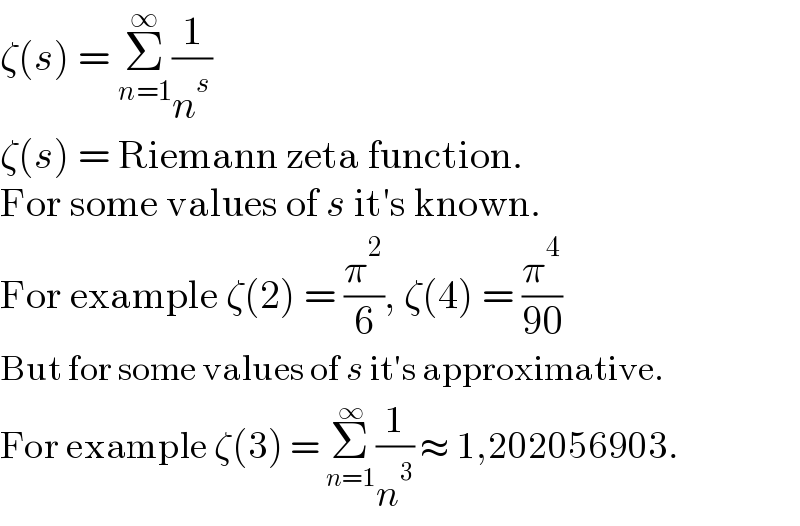
Question and Answers Forum
Question Number 130109 by Adel last updated on 22/Jan/21

Answered by Olaf last updated on 22/Jan/21

Commented by Adel last updated on 22/Jan/21

Commented by Ar Brandon last updated on 22/Jan/21

Commented by Olaf last updated on 22/Jan/21

Commented by talminator2856791 last updated on 22/Jan/21

Answered by Ar Brandon last updated on 22/Jan/21

Answered by Dwaipayan Shikari last updated on 22/Jan/21

Commented by Adel last updated on 23/Jan/21

